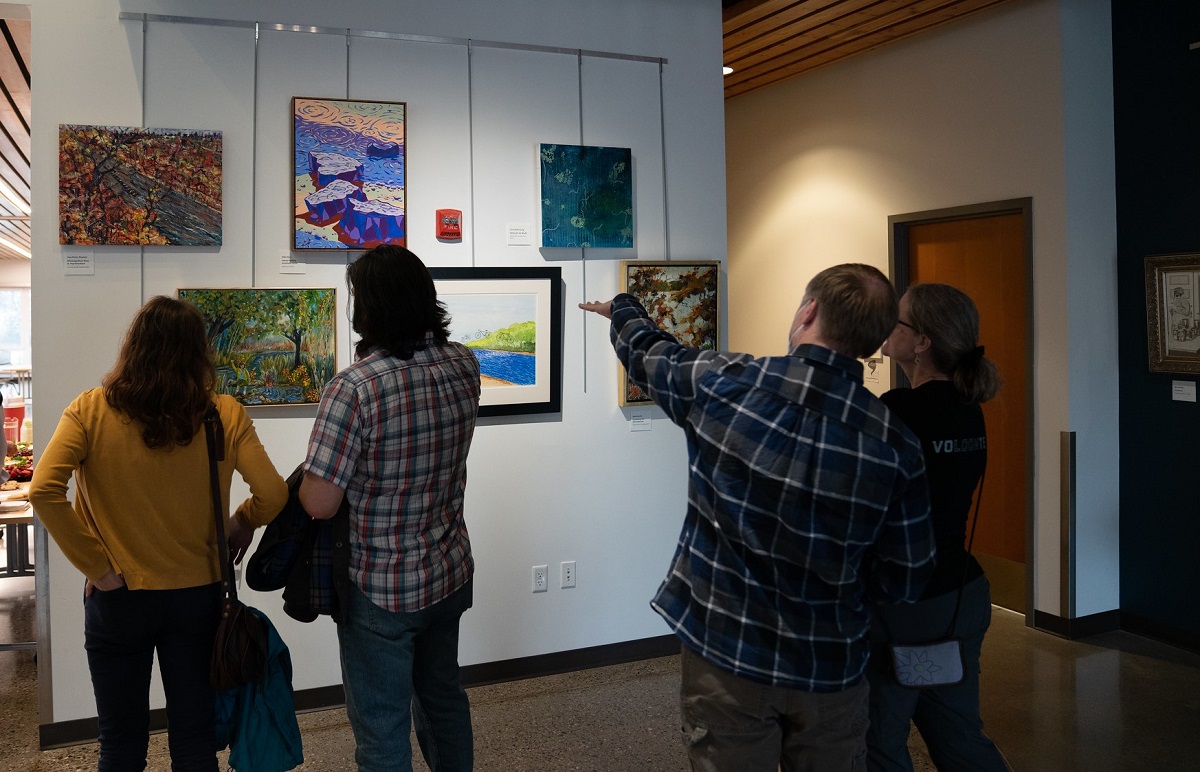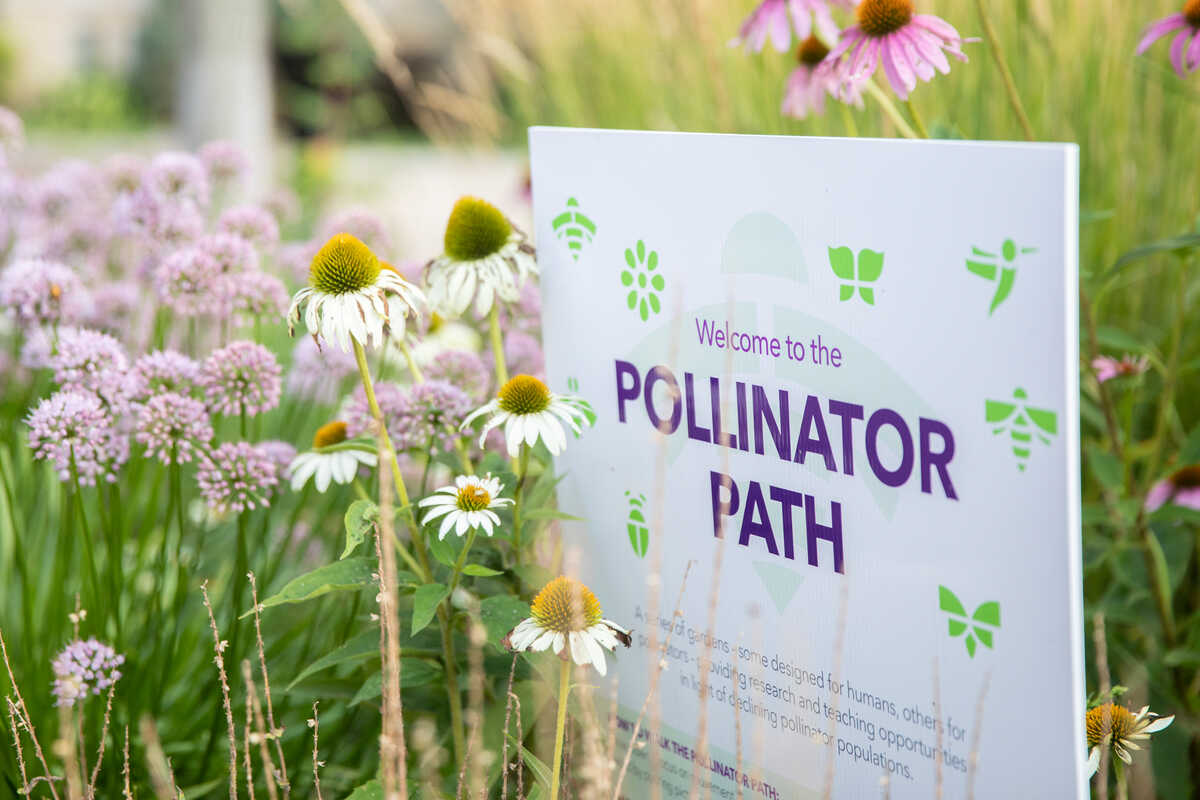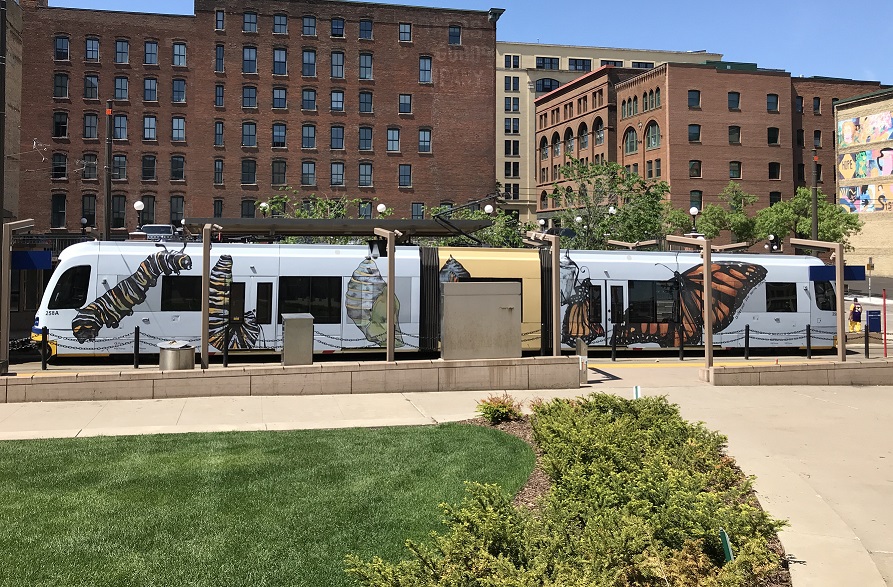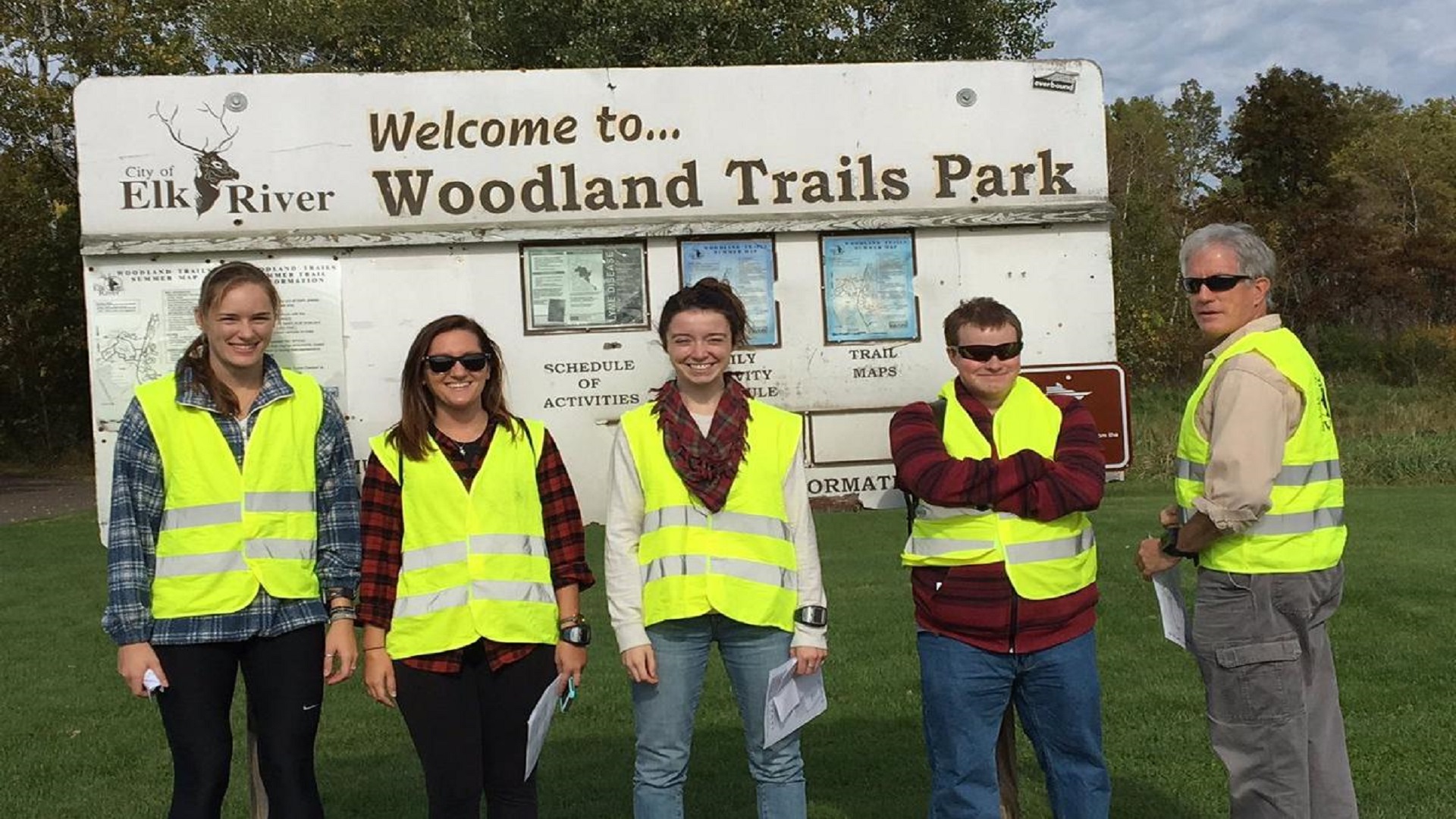
Sustainable Communities Partnership
The Sustainable Communities Partnership (SCP) collaborates with government, non-profit, and campus partners to integrate sustainability projects important to communities into St. Thomas courses across disciplines, engaging students in real-world, experiential learning and creative problem-solving. SCP expands partner capacity to address long-standing and emerging sustainability challenges facing our communities while preparing students to be sustainability leaders and collaborators in their future career paths.
SCP's Sustainability Arts Initiative invites the campus community to explore interconnections of human and environmental well-being on campus and in our community through arts-based experiential engagement. Students across majors collaborate with local artists, writers, and communities to bring to life community sustainability goals for people of all ages.
Partner with SCP
Maria Dahmus
Director
Office of Sustainability Initiatives
& Sustainable Communities Partnership
Office: AQU 311
Phone: (651) 962-6391
Email: medahmus@stthomas.edu
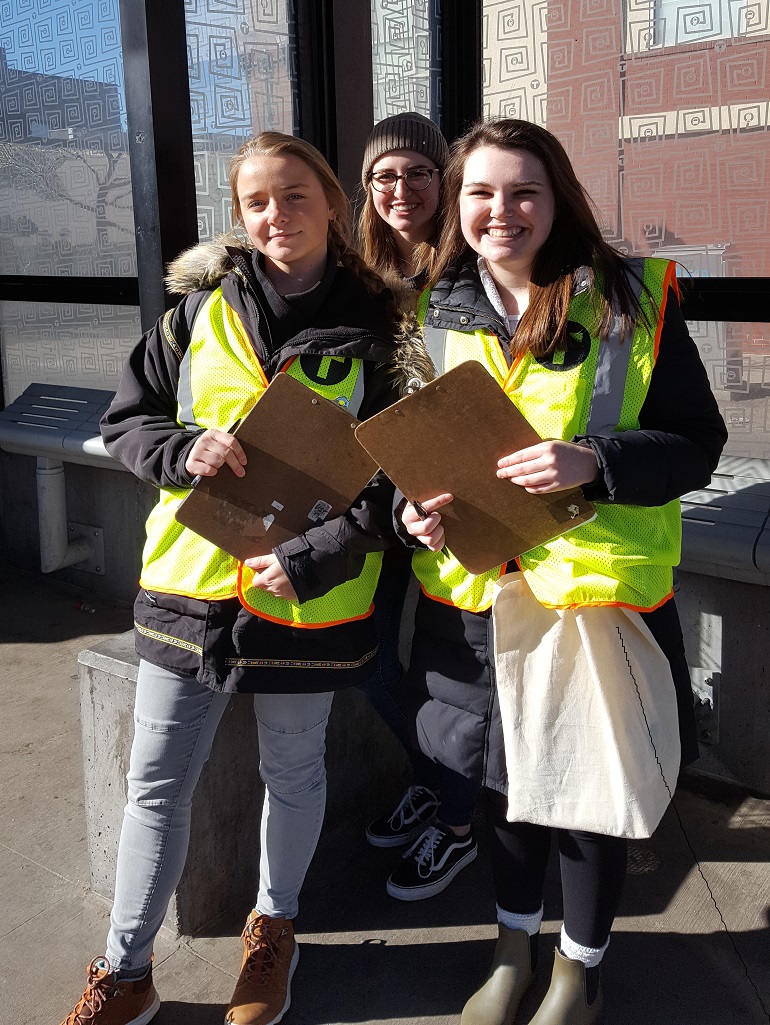
SCP Projects
SCP projects explore economic, social, and ecological dimensions of interconnected human and environmental well-being in our communities. Founded in 2016, SCP has collaborated with partners on over 150 projects in courses across 27 disciplines with more than 2,000 students.
Sustainability Arts Initiative
SCP's Sustainability Arts Initiative invites the campus community to explore interconnections of human and environmental well-being on campus and in our community through arts-based experiential engagement. Students across majors collaborate with local artists, writers, and communities to bring to life community sustainability goals for people of all ages.
Current Project
On Care for Our Common Home: Community Art Project
A campus-wide opportunity to encounter our natural environment with an openness to wonder, beauty, and an understanding of our interconnections with all life, presented in partnership with the Claritas Initiative.
Completed Projects

SCP Impacts
“The City of Elk River was excited to partner with the University of St. Thomas Sustainable Communities Partnership because classes have helped achieve initiatives that we wouldn’t be able to accomplish ourselves for years, if ever. We also get to aid the next generation of university students in gaining real-world expertise. It’s a win-win and we couldn’t be more honored for the opportunity.“
—Kristin Mroz, City of Elk River Environmental Technician & SCP City Partner Lead (2016-2017)

SCP Impacts
“SCP has been essential in showing how our education ties in with the St. Thomas mission. This project has allowed us to analyze real-world data, collaborate with classmates, and present solutions to problems that affect real communities. We are applying skills we have cultivated in the classroom to projects that advance the common good.”
—Anna, student

SCP Impacts
“SCP allows agencies and communities to propose a diverse range of projects, at various scales and scopes. We often have projects that require exploratory research, or we may have difficulty allocating staff resources to particular project areas. SCP allows for flexibility and collaboration to really move projects and research forward. College students offer fresh insight into our growing understanding of and need for sustainable practices and planning for resilience.”
—Eric Wojchik, Senior Planner, Metropolitan Council & SCP Partner Lead (2017-present)

SCP Impacts
"This project has been an amazing experience. It has been an eye-opening experience because we were no longer dealing with hypothetical firms and businesses on exams that don’t exist. Instead, we find ourselves working with real-life people in real-life situations where decisions and findings make an impact.”
—Max, student

SCP Impacts
“Many of the student projects result in a tangible plan or product that can be immediately used, which is great for the community and really satisfying for the students, who get to see their ideas come to life and make a real impact.”
—Michael Healy, City of Big Lake, City Planner & SCP Partner Lead (2017-2018)

SCP Impacts
“I got a lot more out of the class than I expected. Career advice, community networking, and learning how people actually go out and survey areas to figure out how to make positive changes….It also helped me get a job.”
—Michelle, student
